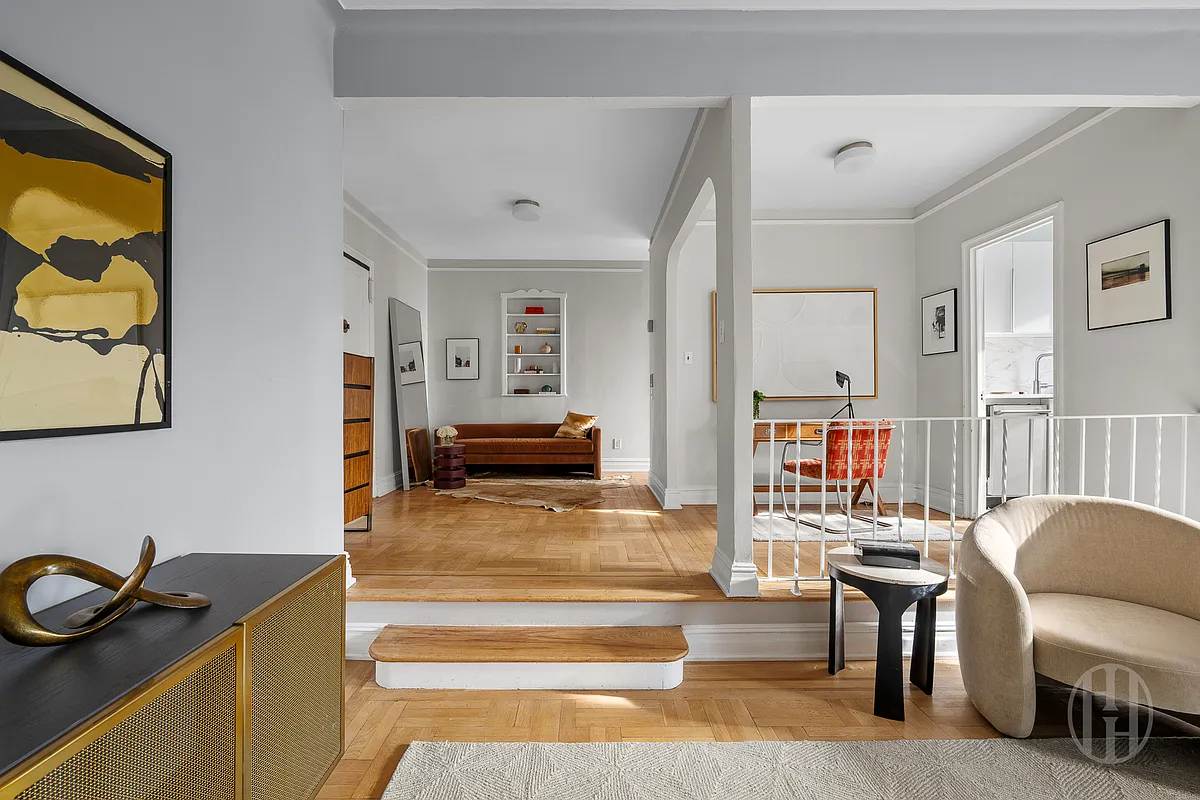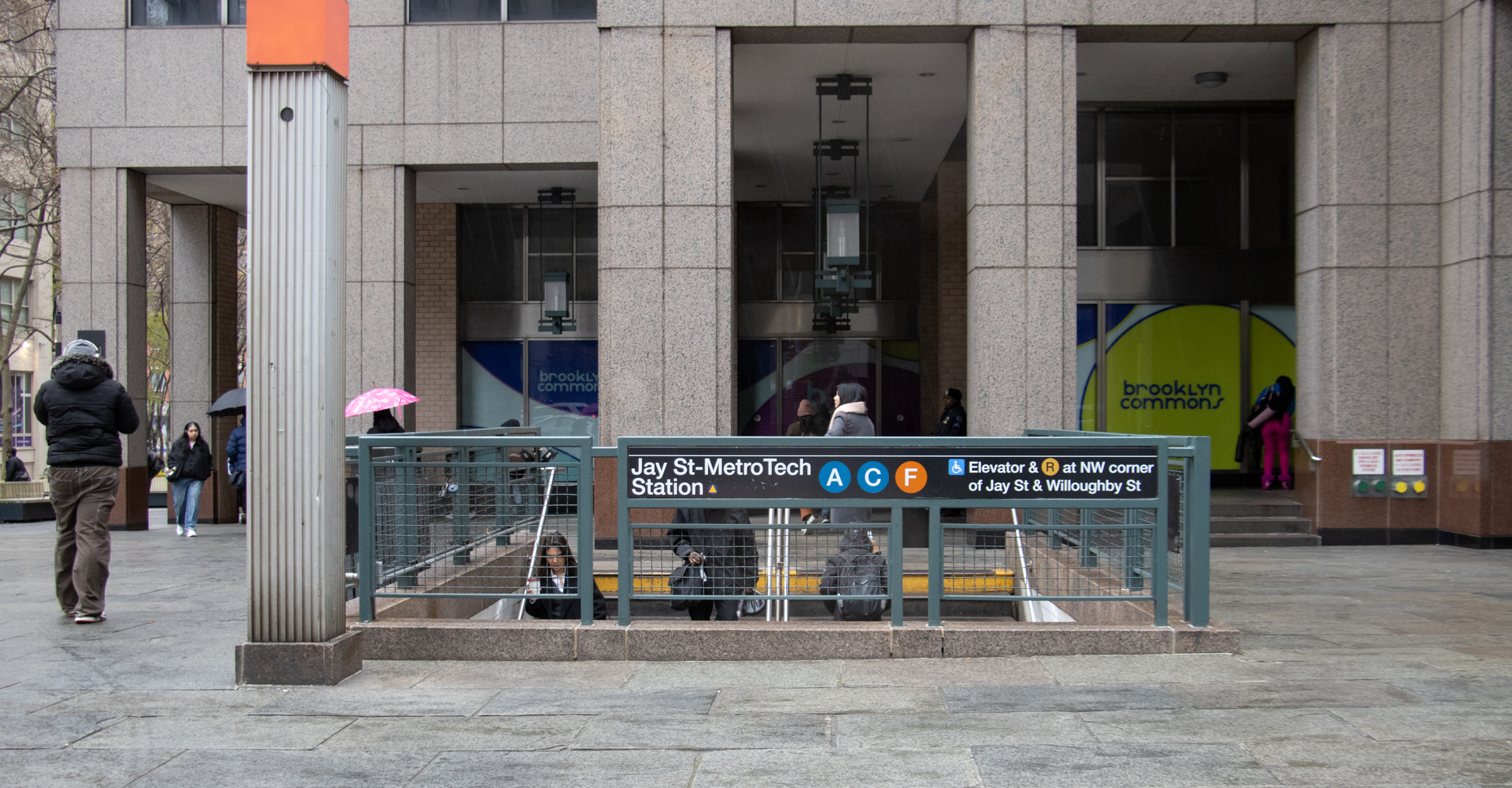Refinancing: How Sweet It Is
We’ve had a 6 percent 30-Year fixed mortgage since we bought our house in 2005. With rates at historic lows, we, like many people, started looking into refinancing earlier in the year, but had to put it on hold until we got tax extensions, and then returns, filed. When we spoke with the mortgage specialist…
We’ve had a 6 percent 30-Year fixed mortgage since we bought our house in 2005. With rates at historic lows, we, like many people, started looking into refinancing earlier in the year, but had to put it on hold until we got tax extensions, and then returns, filed. When we spoke with the mortgage specialist at Chase in February the conforming loan limit for a two-family house in Brooklyn was just south of $800,000. When we got on the phone yesterday morning we were pleased to learn that the conforming limit had recently been raised to $934,200; the single-family limit is $729,750. We were able to do a 90-day lock for a 1/4 point at 5 percent. Here’s where you have to start to question how low prices can really go: With rates where they are right now, you could, say, buy a $1.2 million house and lock in mortgage payments of $5,000 a month; assume you make $1,500 on your rental and you’re down to $3,500; throw in the tax breaks and you’re down to $2,500; add back in $1,000 a month for taxes and insurance and you’re back up to $3,500. $3,500 a month to own your own house in New York City and have, say, 2,400 square feet of living space for yourself (three out of four floors). The trickier part comes when you need to finance more than that $934,200. Have any readers gotten financing for significantly more than that recently? How did you structure it? We heard from Chase that HELOCs are quite hard to get right now?





And I still don’t see it. Lets take a $1,000,000 home, you put 20% down, have an $800,000 mortgage at 7% interest rate, resulting in a monthly payment of $5,322. By the end of year 3, you will have paid off $26,000 in principal, left with $774,000. Whether you refi or not, either way you are left with $774,000. If you refi to 5%, your monthly payment is now $4,154 versus $5,322. What is your point? That there will be an extra 3 years at the end of the mortgage? Doesn’t have to be, just continue to pay the $5,322, except now, instead of $808 going towards principal repayment, there is $2,100 going towards principal repayment. You pay the loan off considerably earlier
“If Brownstoner refi’s then he will flush 3.5 years of hard work paying off the first mortgage down the drain and will have to start all over again!”
I guess the question is: has he already paid down the principal enough that those 3.5 years of payments weren’t wasted? Hate to say it, but What may be right, because those first 3.5 years are almost entirely interest payments, aren’t they?
On another point, these refis only work if you have enough equity, right? For those who bought at the height of the market with 10% down, it’s unlikely their property will be appraised at a high enough rate to permit them to refinance. So what happens when all the folks with 5-year variable mortgages are suddenly hit with larger monthly payments, but they can’t refinance? That’s another crisis in the making.
For Ontheparkway, remember that any building improvements or repairs you make that also affect the rental portion of your house are tax deductible for that portion, so that will offset the taxes a bit. (For a $1000 plumbing job, you’d deduct 25% for a 4-story w/ garden floor rental.)
For Dcorreale, we ran the same numbers the What is mentioning before we decided to refinance. For the early years of your mortgage, most of your monthly payment is applied to interest, not principal, precisely because most people move or refinance within 5 years. So you have to calculate back in the additional interest you’ll be re-paying at the lower rate, and the extra years you’ll be adding on the back end of your mortgage (to keep Brownstoner as an example, he’ll be paying for 33.5 years instead of 30). Because of all that and the closing costs of a new loan, people are advised not to refinance unless rates are a full point lower than what they have.
However, only knowing my own numbers and not Brownstoner’s, I’d have to guess that he’ll easily make these costs back within several years. Three and a half years is not that long to be making payments, so he hasn’t tossed away that much interest.
While our payments went down a lot, they didn’t go down quite as much per month as Mr. B’s. Still, when we looked at the life of the refi’d loan vs. the life of the existing loan, it turned out that we’d be paying about 200K less in interest (again, most of which you pay in the beginning) than if we stuck with the rate we had. And that’s accounting for the interest we’d already paid for our first loan. We’ll make back our closing fees in about a year.
If I could get a 4 story for $1.2m in a neighborhood where I could rent at $1,500/mo per floor I would buy. Don’t think that is the reality right now though. Those are prime CG/CH/BH rents and just south of $2 at best seems to be the current market these days.
Plus this would have to be a long-term bet as the next buyer in a resale will almost certainly face higher interest rates causing values to continue declining, as astutely pointed out above.
Somebody needs a “Time Out.”
The refi question is only relevant to how long it takes to breakeven given the amount of fees & points you shell out to do the refi vs. the lower monthly payment. That’s all. it’s pretty simple.
What, refinancing can be the smart thing to do if you have discipline. If Mr B keeps making the higher payments, he will prepay an additional $1,000 a month. That would translate to 22 extra years in addition to the 3.5 he has already put in. In other words, he will save himself 4.5 years of payments, what’s that? $270,000?
Mshook, there are great calculators available to figure out how much you can save by refinancing and prepaying your mortgage on bankrate.com and a whole slew of other financial sites.
“What has been paid in the past is irrelevant, what is left on the mortgage going forward is all that is irrelevant’
Then rent a apartment then because your not trying to amortized the loan you just renting from the bank and they are making money off the interest! The objective is to payoff the mortgage not lowing your monthly costs!!!
If Brownstoner refi’s then he will flush 3.5 years of hard work paying off the first mortgage down the drain and will have to start all over again! This is the CONFUCKINGCEPT that you don’t see.
I’m done guys! If you want to use these “False Assumptions” then be my guess.
The What
Someday this war is gonna end..
“Because you do not understand Money=Time concept! Brownstoner has already made 42 mortgage payments! If he refi’s tten he will make 402 Mortgage payments or 33.5 years!”
I completely understand the idea of time value of money. Do you understand the idea of sunk costs? What has been paid in the past is irrelevant, what is left on the mortgage going forward is all that is irrelevant. If there is $500,000 more on the mortgage would you rather pay 7% or 5% on that loan. Yes, it extends it out extra months, but you could go and pay the same exact monthly chunk you were paying before, and just put the extra money towards paying principal instead of the higher interest rate, and you will pay off the loan even sooner than before. You just have to make sure the fees associated with the refi make sense, and dropping 2% on that size loan will repay itself in less than 2 years
You know something? I am convinced that educated people are very fucking stupid! This post proves that!
The What
Someday this war is gonna end..